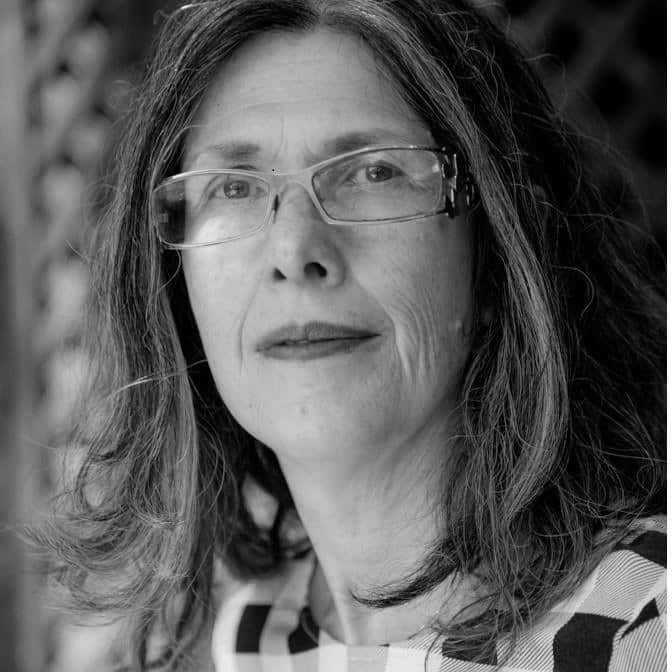People are so strong and so vulnerable. We need one another if we’re to do our individual best. Having functioned as a rabbi for, really, just a few years now, I am struck more than ever by the concrete human needs that a Jewish community meets for the people within it—how the principle of Kol yisrael arevim zeh bazeh—all the people Israel are responsible for and to one another—is not just a reminder of the a key lesson for Yom Kippur: that as a community, we are, to a degree, responsible for the unworthy behavior that we provoke or accept. It is also a reminder of our positive obligations—that while we respect one another’s privacy, we do not oblige anyone to carry their burdens alone. That we are not to let one another drown. The hospital visits, the committee meetings, the fruit of which made today possible, the religious school bursting with young life, the people who take time on Tuesday night to learn a little Torah, the phone calls to shut-ins, the support for the bereaved, the casseroles and the cleaning—and the profound sharing, the quiet dignity of people who reveal their deepest regrets and hopes to one another so that we all feel a bit less alone—to witness and participate in these things has lifted me up and infused me with life and that’s the Judaism I want to share with you.
Keeping this key idea in mind—mutual responsibility in the face of mutual vulnerability—let’s look at the meanings of Rosh HaShanah—a day considered in our tradition to be the birthday of the world. The mood—the vibe—of this day, which begins as do all Jewish days at sundown, is unique. It combines celebration with awe, and, as you will see tomorrow, the flavor of the day shifts increasingly from celebration to sobriety as we turn from joy and wonder at the sheer immensity of creation—of is-ness—to a thoughtful contemplation of how we expressed our imperfections throughout the last year and of how we can grow and change and move forward…
It is not my purpose or my prerogative to tell you what to think. It is, however, my purpose to suggest that we do indeed need to some thinking. To consider deeply what sort of neighborhood and what sort of city will promote that vital embodied, interdependent human life we are capable to live. I will remind you that our tradition demands of us that we care for the orphan, the widow and the stranger—those who find themselves especially vulnerable in the moment, knowing that the safe space we create is one that we will certainly, at some point, be needing ourselves. I will get very concrete here and remind you that we who live in the city of Los Angeles will be obliged when voting this November to know what we think about two measures that we will find on our ballots: Prop HHH (a bond measure for homeless housing) and Prop JJJ (an ordinance to require affordable housing and good jobs in new developments). I will remind you that in our own neighborhood, apartment buildings which have been family-friendly, affordable and diverse (one of which houses a beloved teacher in our religious school) might well be transformed into luxury spaces for the few. We need—each of us—to know what we think about this as we reflect on created-ness, on our common condition as creatures who are dependent for our very survival on those transformations of the environment which shelter our flesh and blood.
TO READ THE REST OF THIS SERMON, PLEASE FOLLOW THE LINK:






















 More news and opinions than at a Shabbat dinner, right in your inbox.
More news and opinions than at a Shabbat dinner, right in your inbox.